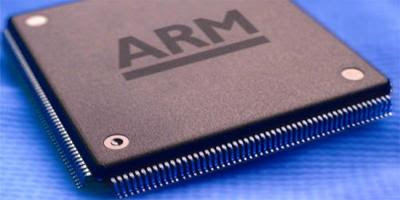But the sources also pointed out that ARM-based notebooks sporting an Android OS hit the market a few years back under the “smartbook” name. These essentially tanked because consumers expected the same compatibility and performance seen with traditional laptops. However, this new round of ARM-based notebooks should be more successful given that the processors are multi-core and storage capacities have inflated. And thanks to the beefed up processing capabilities, these notebooks will have an enhanced user interface.
Given that ARM-based chips are usually more energy efficient than x86 solutions provided by Intel and AMD, industry sources believe that this new line of notebooks will actually create a brand new market segment in the IT industry. ARM-based solutions are generally cheaper too, and will likely bring surprisingly low price tags to these notebooks, possibly $299 or less. Then again, with Windows 8 installed, the price points will be substantially steeper than those with Chrome or Ubuntu installed.
A few weeks ago, ARM chief executive officer Tudor Brown said that Microsoft's upcoming Windows 8 OS - which we saw running on ARM-based SoCs back in January - will actually push its technology into 40-percent of the market's netbooks by 2015. He also estimated that ARM will command 85-percent of the tablet market in that same year.
According to Brown, the combination of Windows 8 and ARM-based processors will seemingly take the emphasis off solving heating problems caused by current (Intel) x86 solutions and drive industry innovation, thus resulting in even lighter, cheaper, and longer lasting battery standards.
Thursday industry sources said that the reported ARM-based notebooks from Samsung, Toshiba, Acer and Asus are expected to arrive possibly by the end of 2011 although Windows 8 models won't hit store shelves until 2012.
source: 2DayBlog.com




0 comments:
Post a Comment